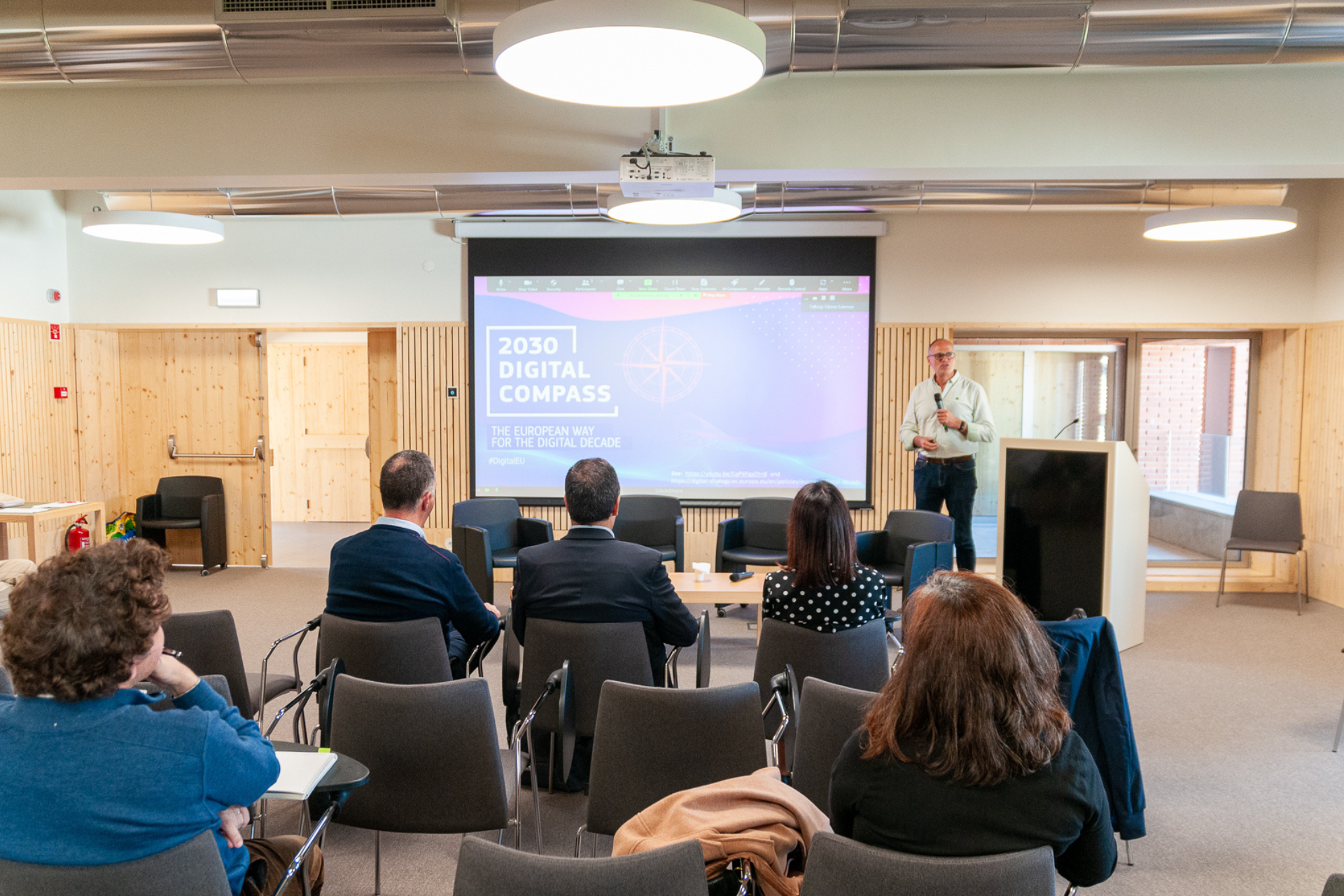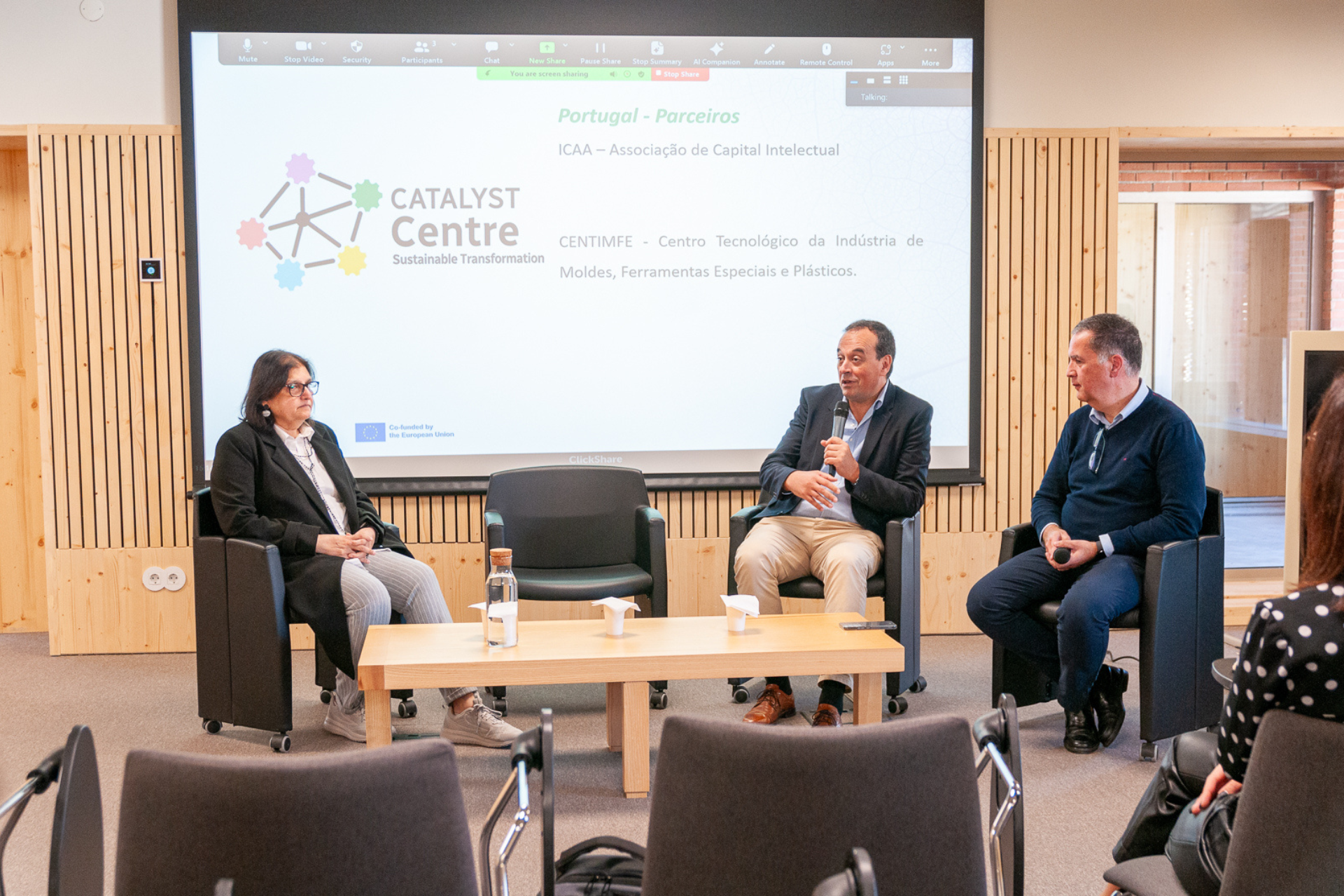Presenting the Portuguese CoVE – Future Skills Factory
On the 20th of February, the Presenting CoVE - Factory for Future Skills Event was held at Iscte.
The event was attended by several potential representatives of future CoVE partners, namely IAPMEI, AUDAX, IPPS, INA, and IPSantarém, amongst others.
The Centres of Vocational Excellence (CoVE), funded by the European Erasmus+ Programme, aim to prepare economically active individuals for the ecological and digital transitions. It highlights lifelong education and qualifications to prepare professionals for the needs of the labour market. The initiative strengthens the link between the economy and vocational training, aligning policies and promoting agile strategic economic developments.
Opening the event's debate, the Portuguese partners presented the importance of the Catalyst Project and the sustainability design that underpins the project, emphasising the relevance of the topic to be addressed at the event, followed by the Catalyst Project coordinator, who also explained its design with an assertive vision of contributing to the European Green Deal and the new industrial and SME strategies.
Insights from Dr. João Santos, Expert in Education and Training
After the opening remarks, Dr. João Santos, a European expert in Education and Training, shared his expertise in the field, particularly presenting Centres of Professional Excellence, their significance, and their prospects in the European context.
According to Dr. João Santos, education and proper qualification throughout people’s lives have a central focus in this theme, as it is a fundamental objective to prepare professionals able to assess the needs that have been increasingly demanded by the labour market. Without re-skilling and up-skilling, implementing policies is unlikely to be successful.
Moreover, the preparation of the qualification is based on the 3 main pillars of the European Pillar of Social Rights, so that people can continuously adapt themselves to the changes and demands of the labour market. The objective is to strengthen the link between the economy and vocational training to align policies and make each country's strategic economic developments more agile. There is a gap between the widespread stereotyped perception of vocational training as the last, unpopular choice when it comes to higher education choice of course since roughly 30% of individuals choose this option in Portugal when compared to other European countries with higher adhesion percentages.
Necessity of Strengthening the Link Between the Economy and VET
The principal outcome of the debate between participants was the crucial necessity of strengthening the link between the economy and vocational training to align policies and make each country's strategic economic developments more agile, preparing individuals for a digital and sustainable transition. The event ended with questions, suggestions, and recommendations from the participants, who had attended in person and virtually.




